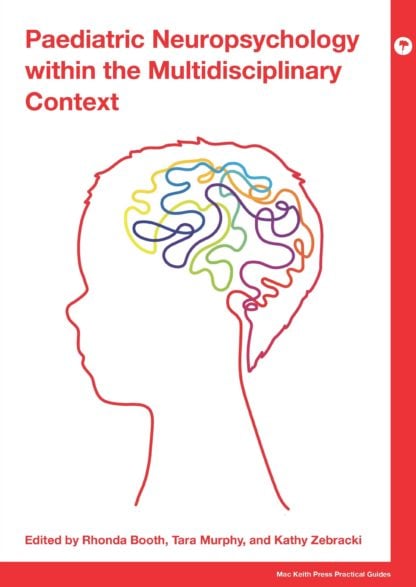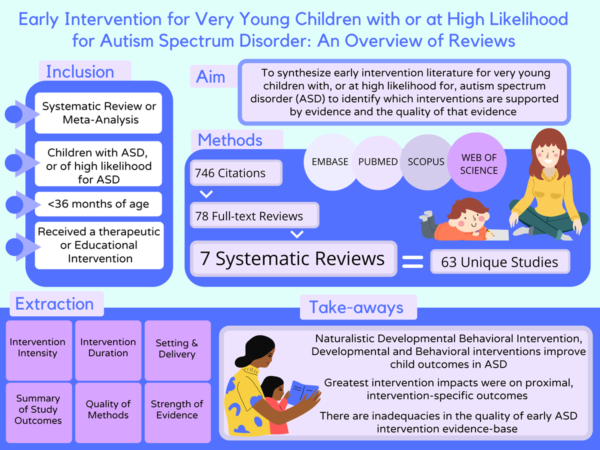
Updates from Developmental Medicine & Child Neurology – June 2022
Welcome to the June issue of the Mac Keith Press newsletter
Special Offers
Are you a member of one of our partner learned societies? We’re pleased to offer 50% or more off our online courses! Contact the team by emailing admin@mackeith.co.uk
Are you attending the RCPCH conference in Liverpool? We’re looking for volunteers to sign up to help evaluate our forthcoming online courses. In exchange for your time, we will provide the first ten volunteers with a £50 Amazon voucher. You can sign up on the stand or by emailing our team. Amazon vouchers are offered by the discretion of our team.
Books
Paediatric Neuropsychology within the Multidisciplinary Context
Rhonda Booth, Tara Murphy, and Kathy Zebracki
Rhonda Booth, Tara Murphy, and Kathy Zebracki present exciting new critical insight on neuropsychological theory and its influence on clinical practice in this accessible and forward-looking publication. With new research and theory on brain-behaviour relationships supported by instructive case studies, this Practical Guide demonstrates how neuroscience and other important factors are driving clinical formulation in paediatric neuropsychology.
Have an idea for a book?
Mac Keith Press are currently accepting new potential book ideas.
Key papers this month
This article compares the societal financial costs and quality of life of untreated spinal muscular atrophy (SMA) patients and treated patients identified because they presented symptoms or were identified by early testing (sibling or newborn screening). Dangouloff et al. found that early identification and treatment offers the opportunity to reduce total societal costs of SMA where treatments are available for pre- and post-symptomatic patients.
This overview of reviews by Franz et al. synthesizes early intervention literature for very young children with or at high likelihood for autism spectrum disorder to identify which interventions are supported by evidence and the quality of that evidence.
Lived experiences of adolescents with fetal alcohol spectrum disorder
Through semi-structured interviews, Skorka et al. explored the lived experiences of adolescents with fetal alcohol spectrum disorder (FASD) to understand the ways in which their challenges influence daily functioning and participation. They argue service providers should consider incorporating strengths-based approaches with an explicit focus on facilitating the development of positive self-identities to better support adolescents with FASD.

Remember to check out Early View for the very latest from DMCN.
Latest Podcasts
Is cerebral palsy progressive? Why do we ask? | Rosenbaum | DMCN
